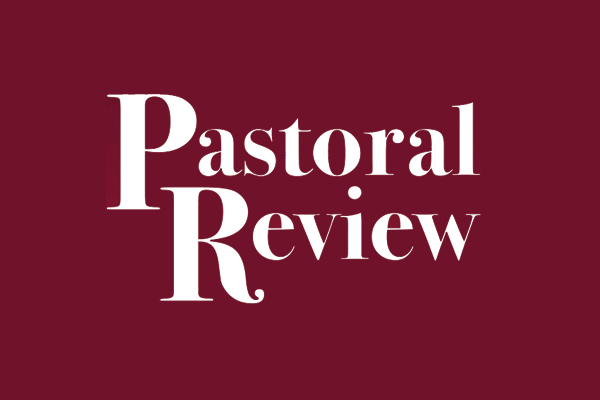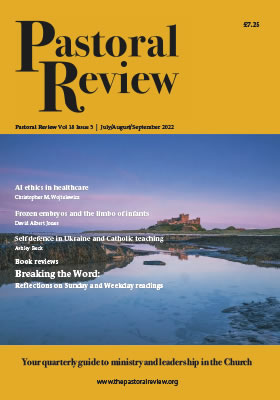It is over 50 years since Justice in the World (1971) was published by the Synod of Bishops. Stephen J. McKinney examines the message and impact of this document.
There is a rich body of Catholic social teaching and thought that draws on Scripture, theology and papal teaching. It is widely accepted that modern Catholic social teaching begins with Rerum novarum, the encyclical of Pope Leo XIII in 1891. This continues through the twentieth and twenty-first centuries with key documents such as Pacem in terris (Pope John XXIII, 1963), Populorum progressio (Pope Paul VI, 1967), Centesimus annus (Pope John Paul II, 1991), Deus caritas est (Pope Benedict XVI, 2005), Laudato Si’ (Pope Francis, 2015) and Fratelli tutti (Pope Francis, 2020).
Justice in the World (Justitia in mundo) is the post-synodal statement published from the 1971 Synod of Bishops. Nearly five decades after its original publication, there has been some critical reassessment of the document.1 This post-synodal statement is not a papal encyclical, but, nevertheless, is considered to be a major document in the body of Catholic social teaching and is included in the key studies and commentaries on Catholic social teaching.2
Dorr (2012) comments that Justice in the World is a ‘quite radical document’ that challenged the myths of western-style development. Like Octogesima adveniens issued by Pope Paul VI, which was also published in 1971, this document was a call to action. It was produced within the immediate post-Vatican II context and the fundamental changes in thinking about the relationship of the Catholic Church with the world.3 This involved discarding the rejection of modernity and focusing on reading the signs of the times and adopting an openness to dialogue with the world. Further, the influence of the bishops of Asia, Africa and Latin America, a move away from Eurocentrism, and the challenging ideas that emerged from the conference of the Latin American Bishops, held at Medellín in Colombia in 1968, are very evident in Justice in the World.4 Kammer comments on the influence of these Latin American bishops:



